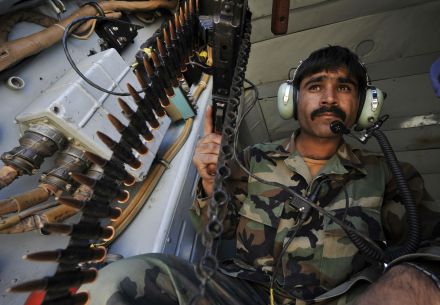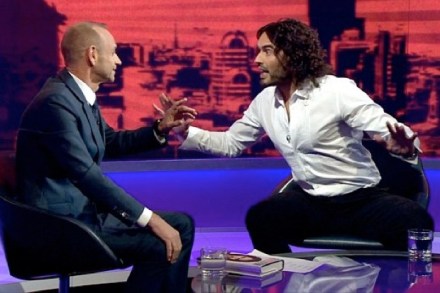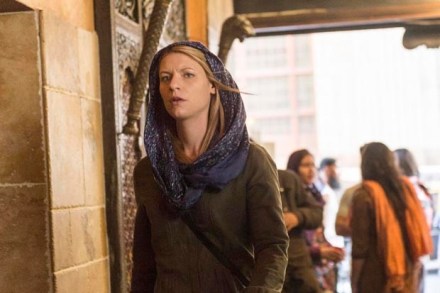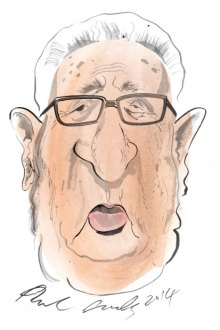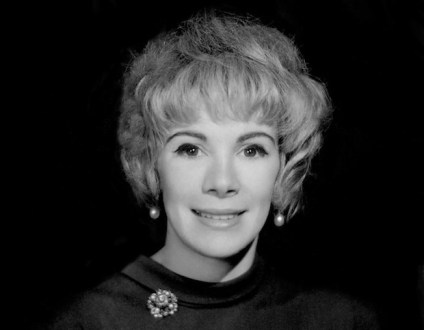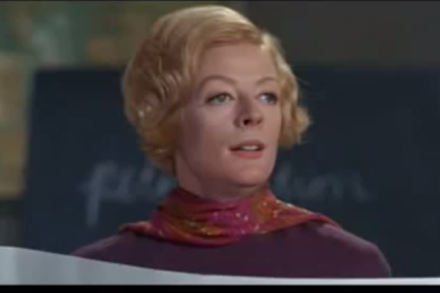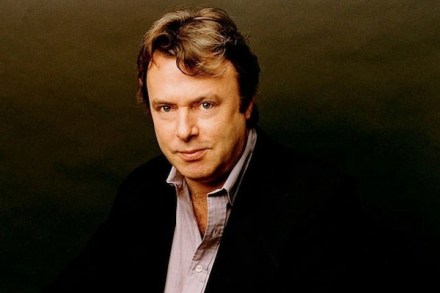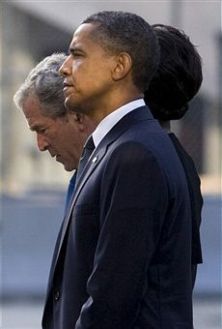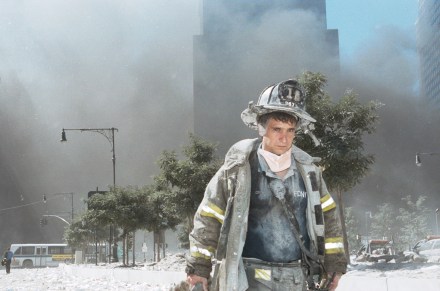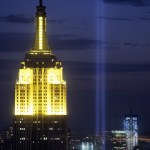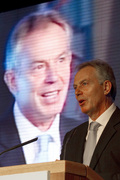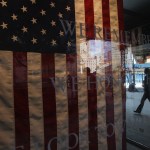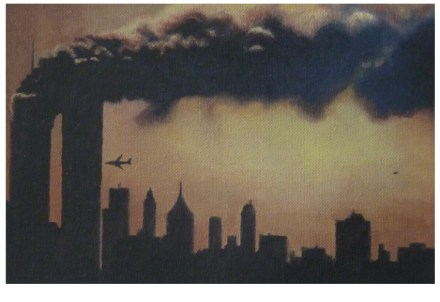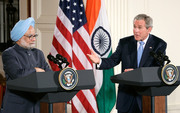Farewell to Afghanistan (for now)
Britain has ended combat operations in Afghanistan. The war did topple the Taleban, but it hasn’t got rid of them. It has improved some things in Afghanistan – better roads, better education, better newspapers – but the country is still corrupt, bankrupt and dangerous. When Britain and America decided to go into Afghanistan in 2001, The Spectator ran an editorial entitled Why We Must Win. This is not a war against Islam, but against terrorists who espouse a virulent strain of that religion, a fundamentalism that most moderate Arabs themselves regard as a menace. This is not even a war against Afghanistan, but an attempt to topple a vile regime.
